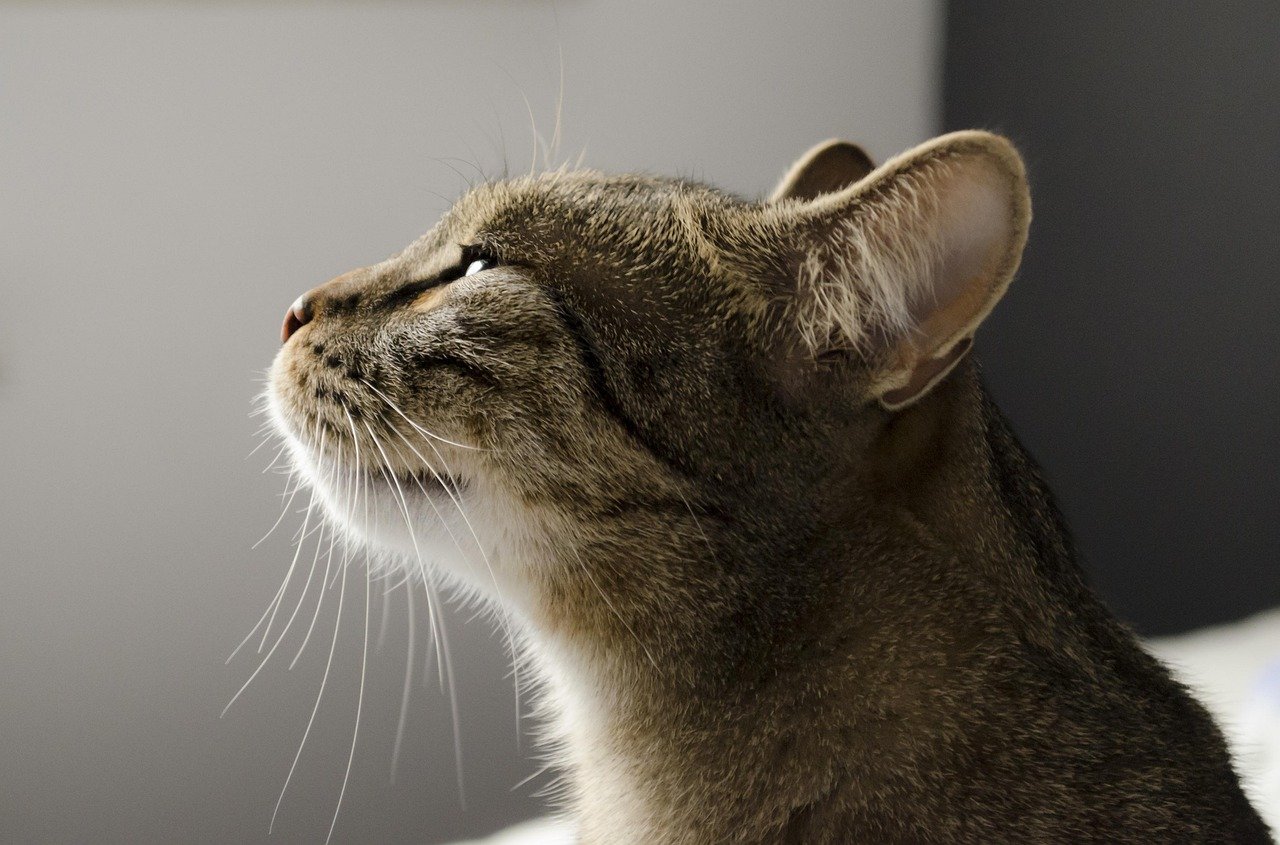Have you ever heard the story of a cat curling up next to someone in their final hours, as if offering silent comfort? It sounds almost mystical, like something out of an old folktale. But this phenomenon has captured the hearts and curiosity of cat lovers everywhere. The idea that cats might sense the end of life is both haunting and deeply moving. Whether it’s a heartwarming tale from a nursing home or a story whispered by a family member, there’s something about the mysterious intuition of cats that makes us wonder: Do our feline friends know more than we think? Let’s dive into this captivating question and explore the science, stories, and secrets behind it.
The Fascinating History of Cats and Death
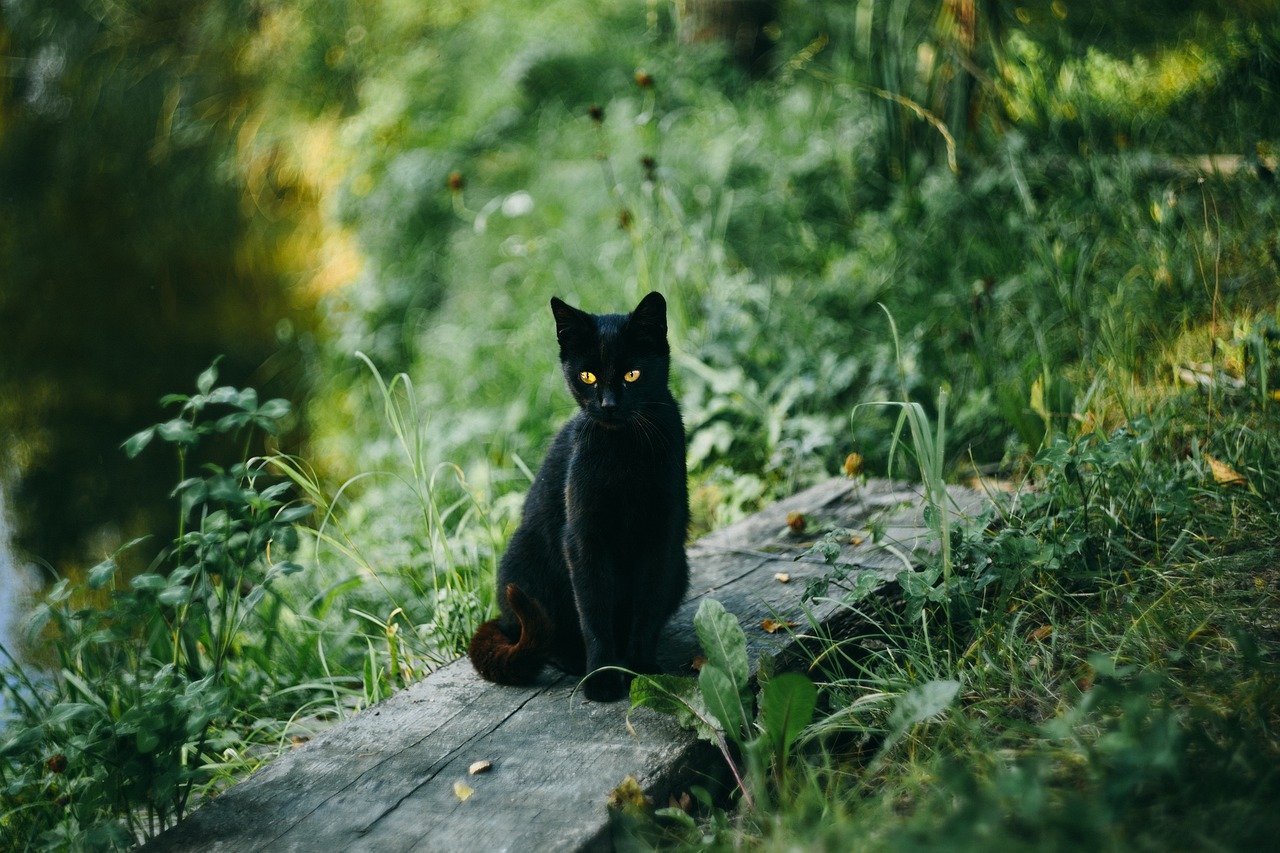
Cats have long held a unique place in human cultures, often surrounded by mystery and superstition. In ancient Egypt, cats were revered and even associated with the afterlife. People believed they could protect the soul as it passed into the next world. Even today, in many cultures, cats are seen as spiritual creatures, sometimes thought to walk between worlds. There have been countless stories over centuries of cats acting strangely when someone is gravely ill or near death. It’s this deep-rooted connection that makes the idea of cats sensing death both believable and enchanting. No other animal seems quite as entwined with the unknown as the cat. Their quiet presence and sudden bursts of affection often leave people wondering if they know something we don’t. It’s no wonder this topic stirs up so much emotion and curiosity among cat enthusiasts.
Famous Stories That Sparked the Question
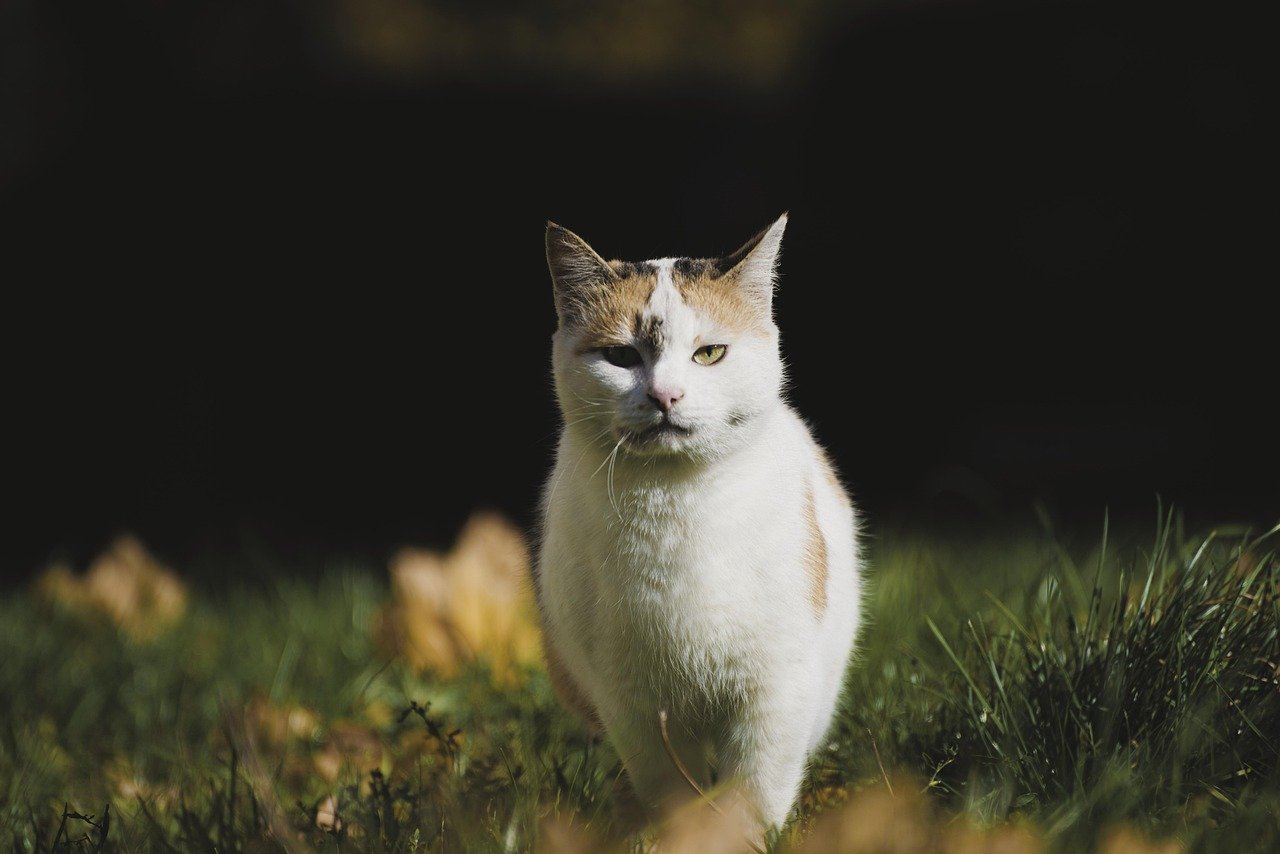
One of the most famous stories that brought this question to the public eye is that of Oscar, the hospice cat from Rhode Island. Oscar was adopted by a nursing home and reportedly would curl up beside patients in their final hours. Staff noticed that his presence seemed to be an unspoken signal that someone was close to death. Word spread, and soon Oscar was featured in newspapers and books, becoming a symbol of the mysterious bond between cats and humans. Other stories, less famous but equally touching, have popped up in homes and hospitals around the world. Families have recounted tales of their cats refusing to leave the side of a dying loved one, or suddenly behaving differently just before a loss. These stories are more than just coincidences to those who experience them—they feel like moments of genuine connection.
How Cats Perceive the World
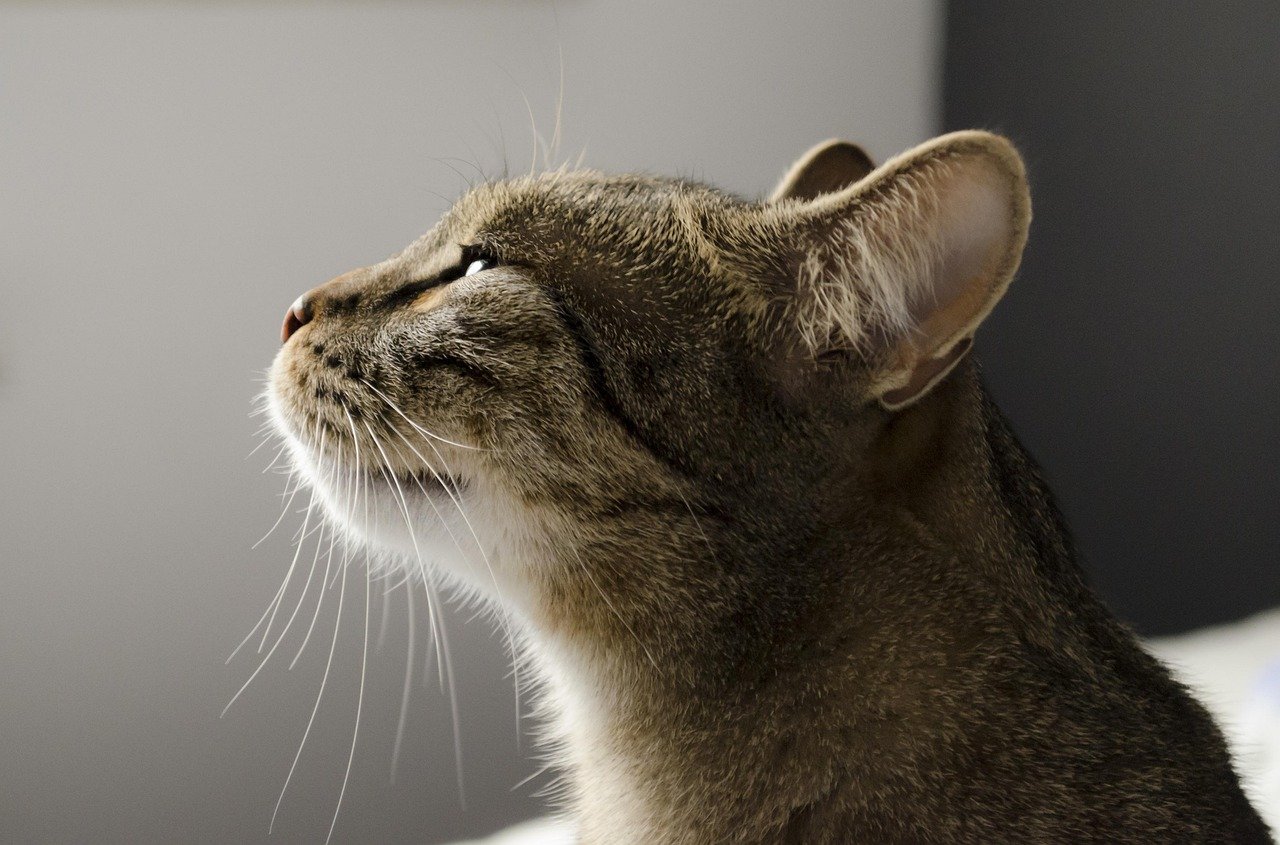
Cats experience the world in ways humans can barely imagine. Their senses are finely tuned, with a sense of smell far superior to ours. They can pick up on subtle changes in the environment, including shifts in body odor, temperature, and even the tiniest movements. Their acute hearing lets them notice sounds that are completely inaudible to us, like the faintest change in breathing. Visually, cats are masters at reading body language, not only of other animals but of humans too. They notice when something is off, whether it’s a limp, a sigh, or a tear. This heightened perception makes them incredibly sensitive to changes, especially when someone is unwell. It’s like having a built-in radar for the things we often overlook. If you’ve ever seen your cat stare intently at a seemingly empty corner or respond to a sound you can’t hear, you know just how mysterious their senses can be.
Changes in Human Bodies Near Death
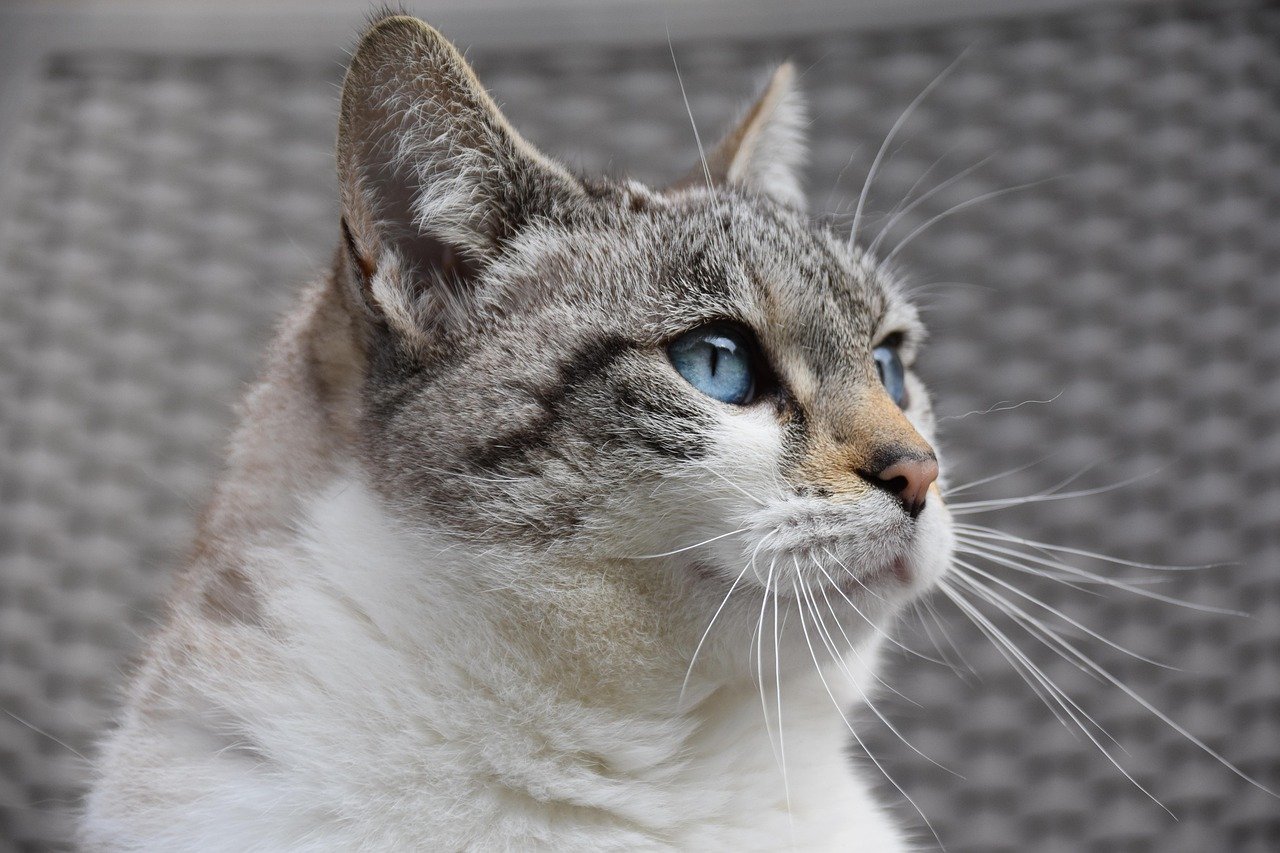
When a person is approaching the end of life, their body undergoes a series of changes—some subtle, others more obvious. The smell of a person’s skin can change due to chemical shifts, and their breathing patterns might become irregular. Even the way someone moves or speaks can alter dramatically in their final days or hours. Cats, with their extraordinary senses, are likely to pick up on these changes faster than humans. They may detect a difference in scent or notice a stillness in the room that signals something is wrong. These shifts might trigger instinctive behaviors in cats—such as staying close, becoming more affectionate, or, in some cases, withdrawing. It’s not magic, but it certainly feels that way when you witness a cat quietly keeping vigil beside a loved one.
Scientific Explanations Behind Feline Behavior
While the stories are touching, scientists have tried to find rational explanations for this behavior. The most common theory is that cats are responding to physical and chemical cues given off by a person nearing death. For example, certain illnesses or medications can change how someone smells, and cats, with their sharp noses, might notice this long before anyone else. Another explanation is that cats are highly tuned to routine and changes in their environment. When someone is very ill, the routine of a household shifts, and a cat may respond to the increased attention or the quiet atmosphere. Some scientists also believe that cats have learned, over time, that staying close brings them comfort or rewards, such as being petted or spoken to softly.
Emotional Sensitivity: Do Cats Feel Our Pain?
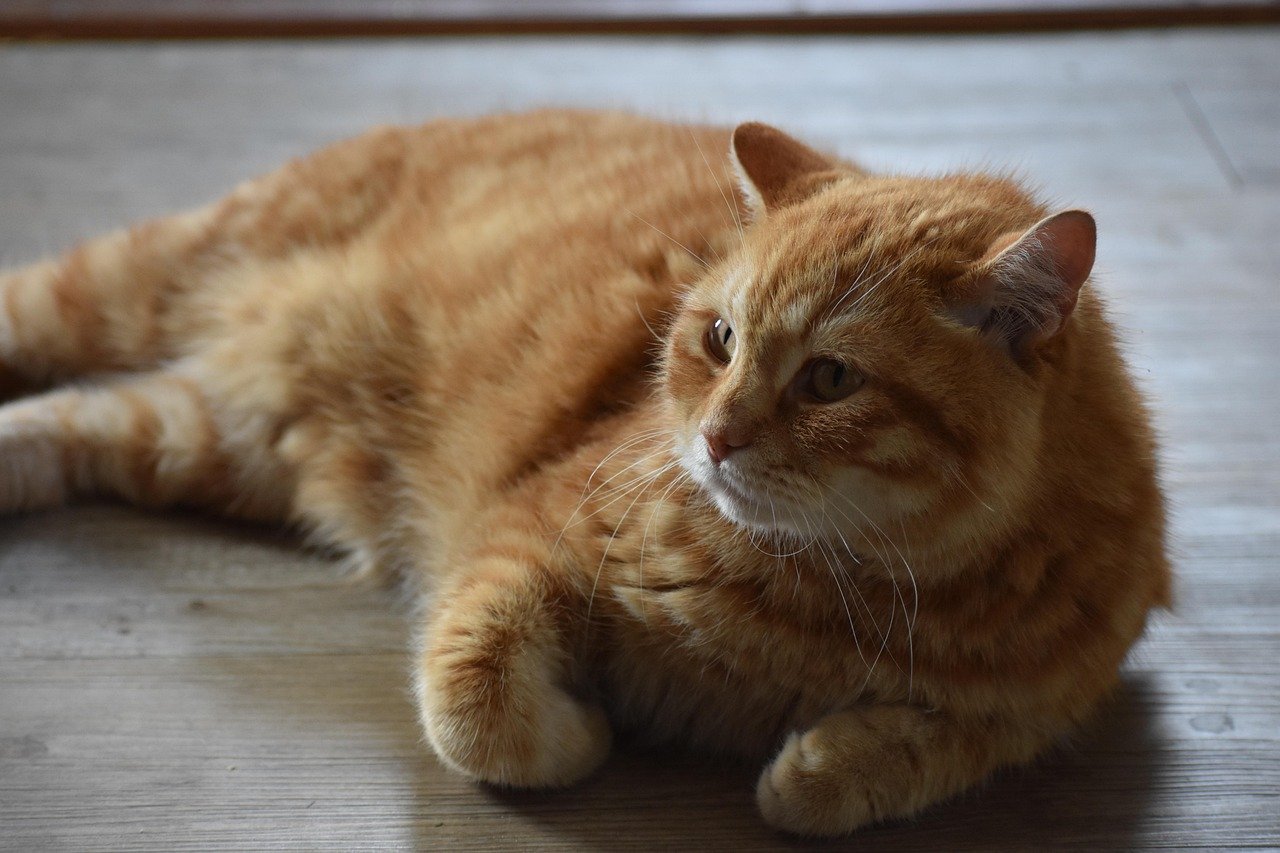
Many cat owners swear their feline companions can sense when they’re upset, ill, or grieving. Cats often respond to human emotions in ways that seem almost intuitive. They may become more affectionate when you’re sad or stay nearby when you’re not feeling well. This emotional sensitivity might be part of why cats are present during someone’s final moments. They might not understand death the way humans do, but they can certainly sense distress, sadness, and change in the people they care about. Cats are often seen as independent, but in moments of crisis, they can become surprisingly nurturing. It’s as if they know just when to offer a gentle nudge or a comforting purr, reminding us that we’re not alone.
Intuition or Coincidence? The Debate Continues
The question of whether cats truly sense impending death or if it’s all just coincidence has sparked lively debates among animal behaviorists, veterinarians, and cat lovers alike. Some experts argue that the stories are simply examples of pattern recognition—humans remembering the times a cat was present and forgetting the times they weren’t. Others believe that cats genuinely possess a form of intuition that science has yet to fully explain. What complicates things is that cats are naturally curious and may be drawn to stillness or quiet, both of which are common in the final hours of life. Yet, for those who’ve experienced a cat’s silent companionship during a loss, the feeling can be too powerful to dismiss as mere chance.
The Role of Comfort and Routine
Cats thrive on routine and familiarity, and changes in the household can make them anxious or curious. When someone is gravely ill, the usual hustle and bustle of daily life often slows down. People gather, voices become softer, and the environment grows quieter. Cats may be drawn to these changes, seeking comfort for themselves or offering it to others. Their presence can bring a sense of calm and reassurance, both for the person who is ill and for their loved ones. In this way, cats play a quiet but vital role in the emotional landscape of a home during difficult times. Their steady presence is a reminder that life, in all its mystery, goes on.
Personal Stories from Cat Owners
Across the world, countless cat owners have stories of their pets acting in remarkable ways during times of illness or loss. Some recall their cat refusing to leave the bedside of a sick relative, while others remember a cat who suddenly became gentle with someone who was usually avoided. These stories, passed down through families or shared online, add a deeply personal layer to the question. Every cat and every situation is unique, but the common thread is a sense of connection that goes beyond words. For many, these experiences are a source of comfort and wonder—a reminder that our feline friends are more than just pets; they are companions on life’s journey, wherever it may lead.
Can All Cats Sense Death, or Just a Few?
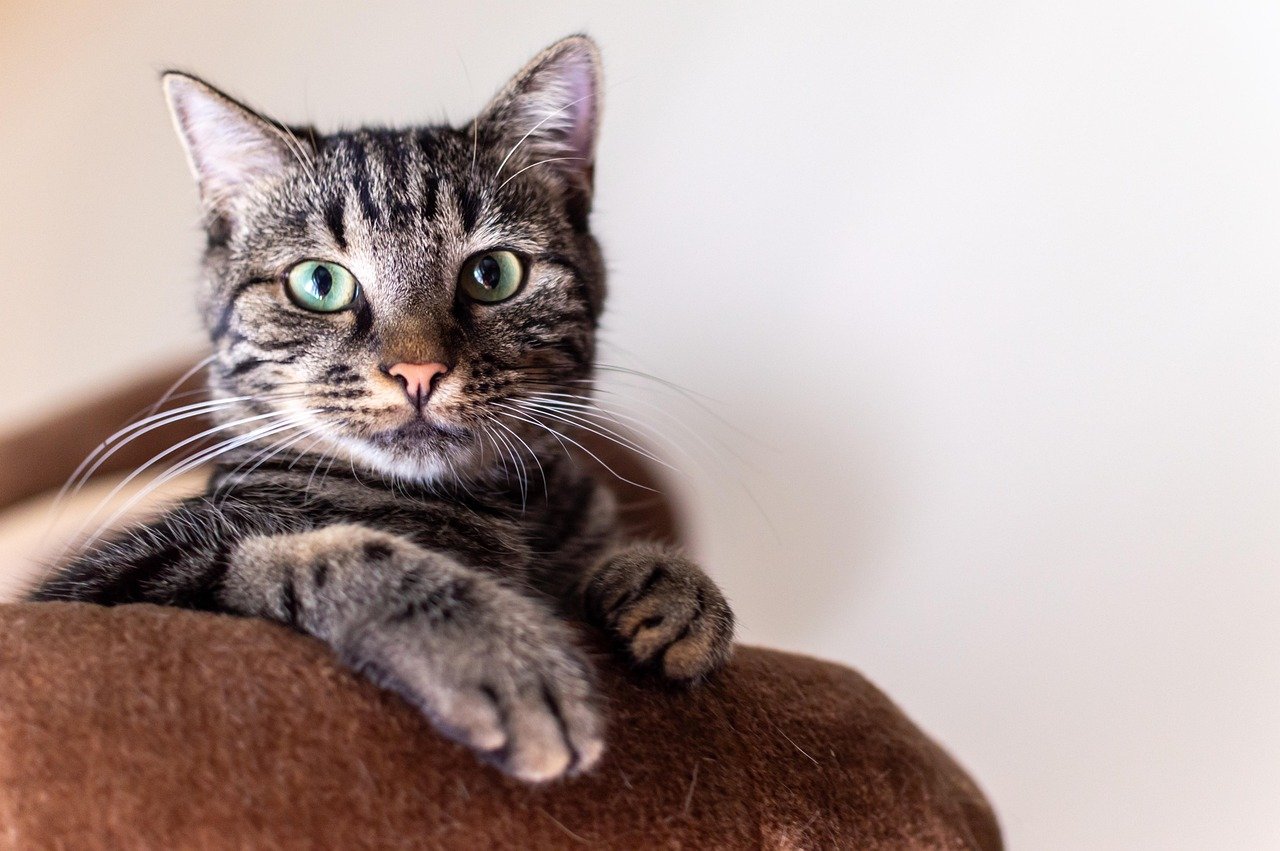
Not every cat will display the same behaviors when someone is nearing the end of life. Some might become more affectionate, while others withdraw or act completely normal. Just as people have different personalities, so do cats. Factors like breed, age, temperament, and even past experiences can influence how a cat reacts in times of crisis. Some cats are naturally more empathetic or attuned to their environment, while others are more independent or aloof. It’s important for cat lovers to remember that there’s no “right” or “wrong” response from a cat during difficult times.

